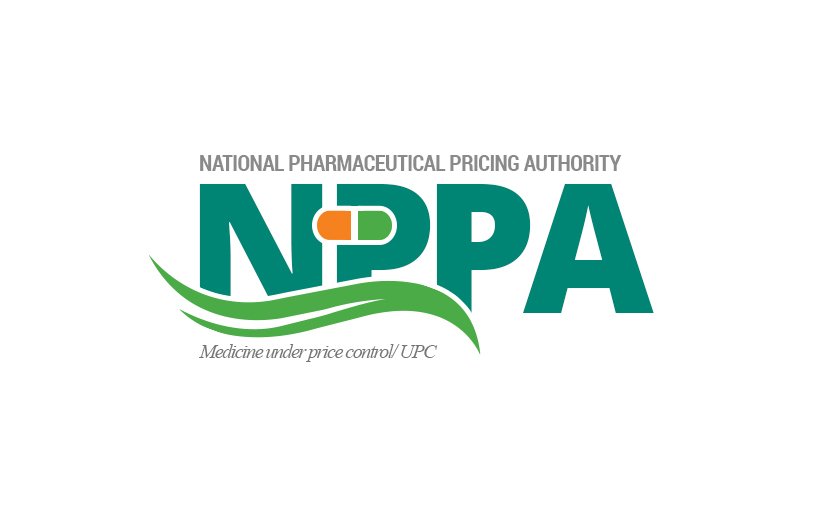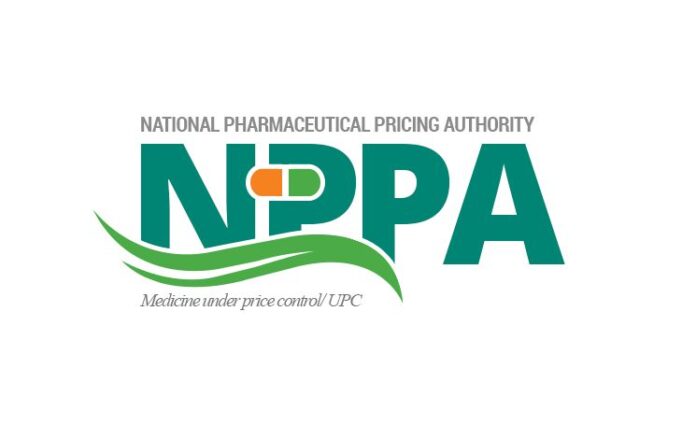Part 2

ENFORCEMENT
PMRU:
Over 10,000 manufacturers are making over more than one lakh formulations in the country. Every pharmaceutical company has to file a Form every quarter according to the Integrated Pharmaceutical Database Management System. (Integrated Pharmaceutical Database Management System is a Pharma Price Data bank that is used by pharma manufacturers/marketing/ importer/ distributor companies to make online submission of mandatory information/data as prescribed under the Drugs Price Control Order, 2013). Facility for submitting application for price fixation of new drug is also available.
Through these forms monitoring their quantity, quality, price and all the parameters are done and working on setting up of a Price Monitoring Resource Unit(PMRU) in each State.
Kerala is the first State to set up a price monitoring and research unit (PMRU) to track violation of prices of essential drugs and medical devices under the Drugs Price Control Order (DPCO).
The move comes more than five years after the National Pharmaceutical Pricing Authority (NPPA) proposed such a system for the States and the Union Territories. This aims at providing technical help to the State Drug Controllers and the NPPA to monitor notified prices of medicines, detect violation of the provisions of the DPCO, Look at price compliance, collect test samples of medicines, Collect and compile market-based data of scheduled as well as non-scheduled formulations.
ACTIONS TAKEN:
- NPPA had fixed the prices of around 1,000 drugs and the unit would track if buyers were being overcharged.
- It would also check if pharma companies were hiking the prices of non-scheduled drugs by more than 10% a year.
- They also check if there is any shortage of essential medicines.
- There is also a plan to collect data on the prices of surgical devices and stents in the market.
NPPA monitors shortages and availability of drugs on the basis of monthly reports received from State Drugs Control Administration and also complaints, if any, received from individuals. On receipt of such reports, NPPA immediately takes up the matter with the concerned manufacturer and advice them to rush the stock in the affected area.
COMPLAINTS PORTAL:
NPPA is also operating a portal “Pharma Jan Samadhan” that registers complaints about shortage or overcharging for medicines. Further, any manufacturer of scheduled formulation intending to discontinue any scheduled formulation from the market is required to issue a public notice and intimate the NPPA in a specified format as per DPCO, 2013. NPPA is empowered to direct the manufacturer to continue with required level of production or import for a period up to one year, in the public interest.
SELLING DRUGS AT HIGHER PRICE:
A number of drug companies have been found to be selling scheduled medicines at a higher price to the consumers. In such cases NPPA initiates action for overcharging based on the report from State Drug Controllers (SDCs), complaints from individuals, verification of prices list submitted by companies and suo moto purchase of samples of scheduled packs. In case, a manufacturer is found selling the schedule drugs / formulations at a price higher than the prices fixed by NPPA / Govt., appropriate action is initiated against them by NPPA for recovery of the overcharged amount. The overcharged amount is recovered from the companies along with interest at 15% per annum on outstanding amount. If the company fails to deposit the amount, the matter is referred to Collector concerned for recovery of the amount on arrears of land revenue under Essential Commodities Act, 1955.
IMPACT
The Indian Pharmaceutical industry is, globally, the 3rd largest producer of medicines by volume yet 14th in terms of value. The Indian medicines are amongst the lowest priced in the world and thereby lower value.
There are 628 formulations specified in the first schedule of DPCO, 2013 as in September 2015, covering 27 therapeutic groups including medicines used in the treatment of Cancer, Tuberculosis, Diabetes, Cardiac disease, vaccines etc. Significant reduction in prices have been effected on the medicines notified under DPCO, 2013 as compared to the highest price prevailed prior to the announcement of DPCO, 2013. Ceiling prices have been formulated for more than 84% of the medicines enlisted in the Schedule I of DPCO-2013. NPPA has also notified 139 retail prices of new drugs on request of the manufacturers till 31st December, 2014.
Around 108 non-scheduled drugs were also brought under price cap using the exceptional powers granted under para 19 of the DPCO-2013. Prices of 127 drugs have reduced over 40% after the enforcement of DPCO, 2013. Around 509 medicines in total have benefitted from price decrease.
Anti-diabetic Medicines – 6 medicines covering 12 formulations, Cardiac Medicines – 30 Medicines covering 70 formulations’ were brought under control.
NPPA put out list of 390 anti-cancer non-scheduled medicines with MRP reduction up to 87%. On 27th February, 2019, NPPA had put 42 anti-cancer drugs under 30% Trade Margin cap– and altogether 463 formulations were covered.
NPPA has fixed the price of coronary stents vide order dated 13th February 2017. By this, the price for coronary stents was reduced up to 85% for Bare Metal stents and 74% for Drug-Eluting Stents. This has resulted in saving of Rs. 4547 Cr annually to the consumers/patients.
It fixed the retail price of 59 drug formulations in combination with Paracetamol, Metformine, Atorvastatin, Rosuvastatin and others under the Drugs Prices Control Order (DPCO), 2013, exclusive of goods and services tax (GST). The list mentions a combination of :
- Acetaminophen (Paracetamol) and Tramadol Hydrochloride Tablets,
- Glimepiride and Metformine Tablet (Gluformin G 0.5),
- Telmisartan and Metoprolol Tablet,
- Metformin Hydrochloride, Gliclazide and Pioglitazone Tablet (Reclimet PG-60 ),
- Atorvastatin Calcium and Clopidogrel Capsule (MACTOR CV 10),
- Vildagliptin and Metformin Tablet (GLUVILDA M 500 / VIGLUCOZ M 500),
- Rosuvastatin and Clopidogrel Capsule,
- Paracetamol and Phenylephrine Sachet and so on.
As per the notification dt 29th March, 2019 of Govt of India and NPPA, the list of 847 formulations covered different drugs and updated pricelist as on 7/2/2020 covers more than 1300 formulations.




